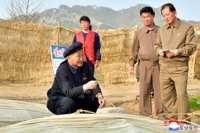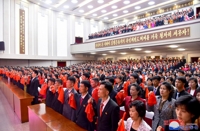(LEAD) Assembly committee passes bill to weaken corporate dominance by top shareholders
(ATTN: CHANGES dateline; UPDATES in last 6 paras)
SEOUL, Dec. 9 (Yonhap) -- A South Korean parliamentary committee on Tuesday passed a controversial bill that would require listed companies to name at least one auditor from outside their board and limit the voting powers of the biggest shareholders and their families to 3 percent in the auditor's appointment.
The proposed revision to the Commercial Act was passed by the Legislation and Judiciary Committee of the National Assembly, where the ruling Democratic Party (DP) holds a majority. The main opposition People Power Party boycotted the vote.
Businesses have strongly opposed the revision, claiming that the move will hurt shareholders' rights and that speculators can take advantage of the rule.
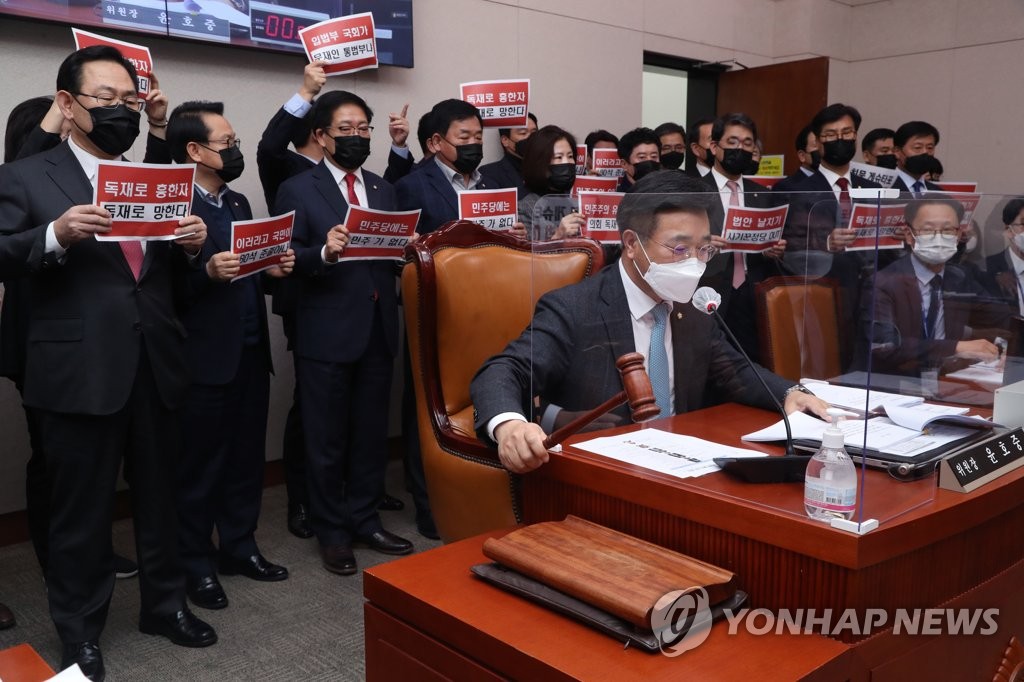
People Power Party lawmakers on the Legislation and Judiciary Committee encircle committee chairman Rep. Yun Ho-jung as he is about to pass a bill on revising a commercial law at the National Assembly in Seoul on Dec. 8, 2020. (Yonhap)
In consideration of such concerns, the bill was changed to ease the limitation. The original bill required the combined voting power of the top shareholder and affiliated people to be limited to 3 percent but the final version allows them to cast the 3-percent vote separately.
The revised bill will also pave the way for a shareholder of a parent company to file a derivative suit against the board members of an affiliate firm. The shareholder will need to have a stake of 0.5 percent or more for listed firms. The figure stands at 1 percent for non-listed firms.
The main opposition did not participate in the vote, as the ruling party passed the bill to revise the act on the Corruption Investigation Office for High-ranking Officials (CIO) earlier in the day.
The installation of the CIO is a core part of President Moon Jae-in's determined drive to reform the country's powerful institutions, especially the state prosecution service, which has often been accused of abusing its power to prosecute as well as investigate cases.
Late at night, the National Policy Committee passed a revision to the Fair Trade Act, which would broaden the scope of companies subject to a stricter regulation on inter-affiliate business deals.
The regulation currently applies to listed firms 30 percent or more owned by group owners and their families and unlisted firms 20 percent or more owned by them.
The proposed revision led by the ruling party would set the threshold at 20 percent for both categories.
Meanwhile, the DP decided not to seek the abolition of the Fair Trade Commission's exclusive right to seek prosecution of businesses over violation of fair trade rules.
The committee also passed a bill to enhance monitoring of conglomerates operating multiple financial arms, including Samsung, Hyundai, and Hanwha.
The new rule came as the existing regulations only focus on tracking financial holding companies, leaving conglomerates in blind spots.
colin@yna.co.kr
(END)
-
 Ateez member Yunho throws first pitch at MLB match between Dodgers, Mets
Ateez member Yunho throws first pitch at MLB match between Dodgers, Mets -
 Gov't likely to accept university chiefs' request to lower med school enrollment quota
Gov't likely to accept university chiefs' request to lower med school enrollment quota -
 S. Korea supports resolution backing U.N. membership of Palestine
S. Korea supports resolution backing U.N. membership of Palestine -
 Chinese man behind drug scam targeting teens nabbed in Cambodia
Chinese man behind drug scam targeting teens nabbed in Cambodia -
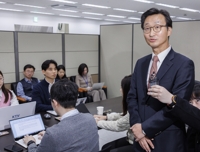 S. Korea, U.S. to hold 1st round of defense cost sharing talks this week
S. Korea, U.S. to hold 1st round of defense cost sharing talks this week
-
 Gov't likely to accept university chiefs' request to lower med school enrollment quota
Gov't likely to accept university chiefs' request to lower med school enrollment quota -
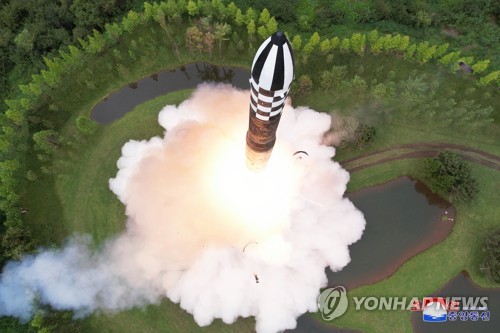 Experts see possibility of N.K. conducting nuclear test before U.S. presidential vote
Experts see possibility of N.K. conducting nuclear test before U.S. presidential vote -
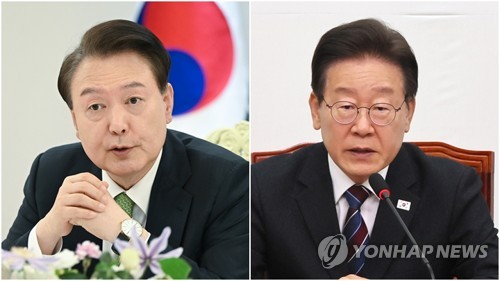 Details of meeting between Yoon, opposition leader undecided: presidential office
Details of meeting between Yoon, opposition leader undecided: presidential office -
 Looming weekly closure of major hospitals feared to worsen medical service crisis
Looming weekly closure of major hospitals feared to worsen medical service crisis -
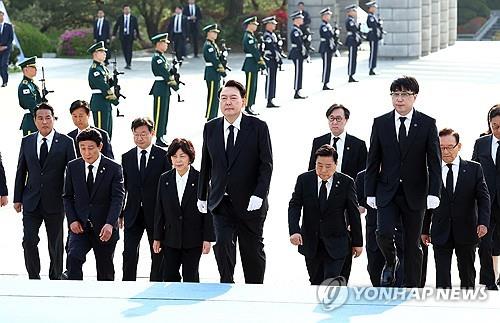 Yoon's approval rating sinks to lowest point since taking office
Yoon's approval rating sinks to lowest point since taking office
-
 (LEAD) Hybe to file complaint against sublabel executives over internal conflict
(LEAD) Hybe to file complaint against sublabel executives over internal conflict -
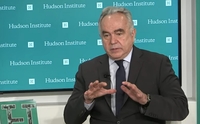 U.S. will take steps for three-way engagement on nuclear deterrence with S. Korea, Japan: Campbell
U.S. will take steps for three-way engagement on nuclear deterrence with S. Korea, Japan: Campbell -
 S. Korea reports highest suicide rate, ultra fine dust level among OECD nations: data
S. Korea reports highest suicide rate, ultra fine dust level among OECD nations: data -
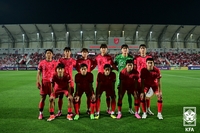 10-man S. Korea lose to Indonesia to miss out on Paris Olympic football qualification
10-man S. Korea lose to Indonesia to miss out on Paris Olympic football qualification -
 (3rd LD) Hybe to file complaint against sublabel executives over internal conflict
(3rd LD) Hybe to file complaint against sublabel executives over internal conflict

















